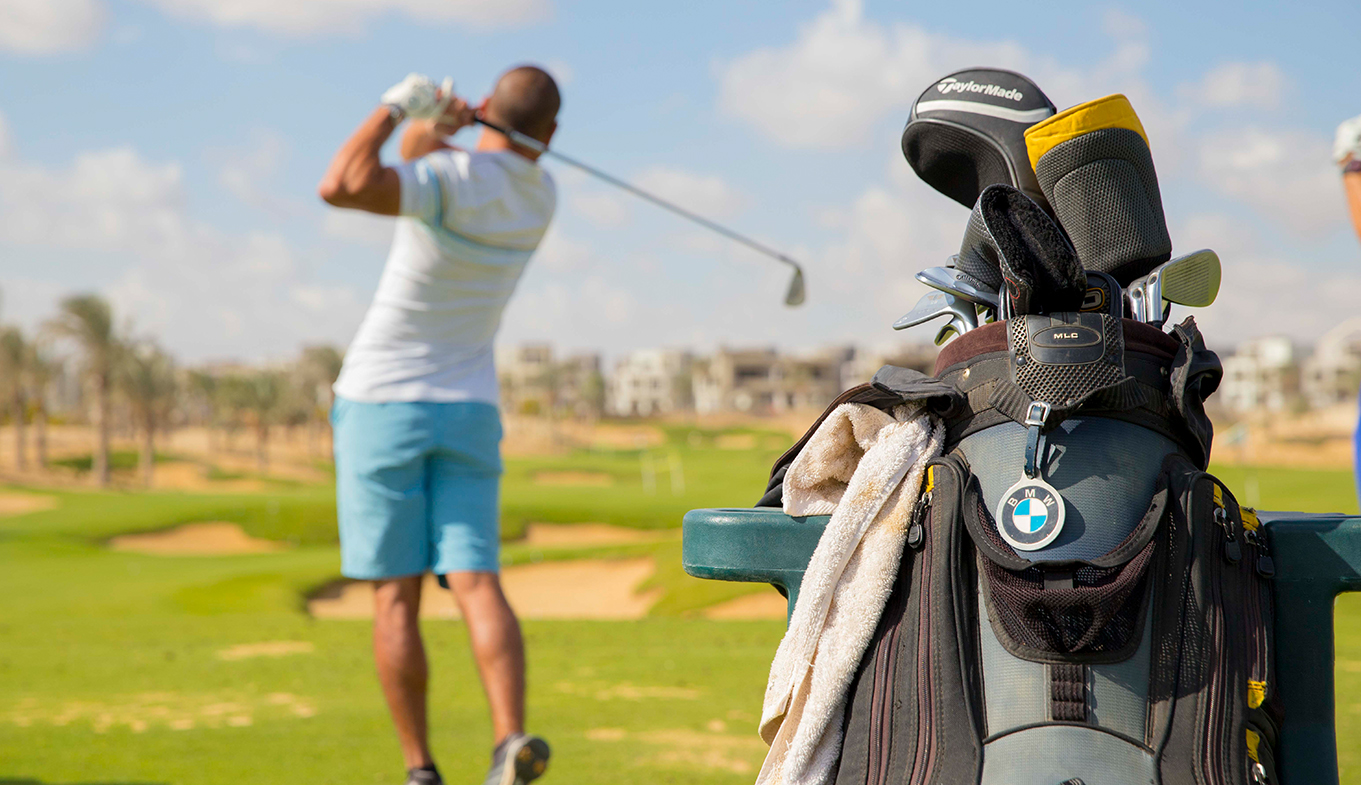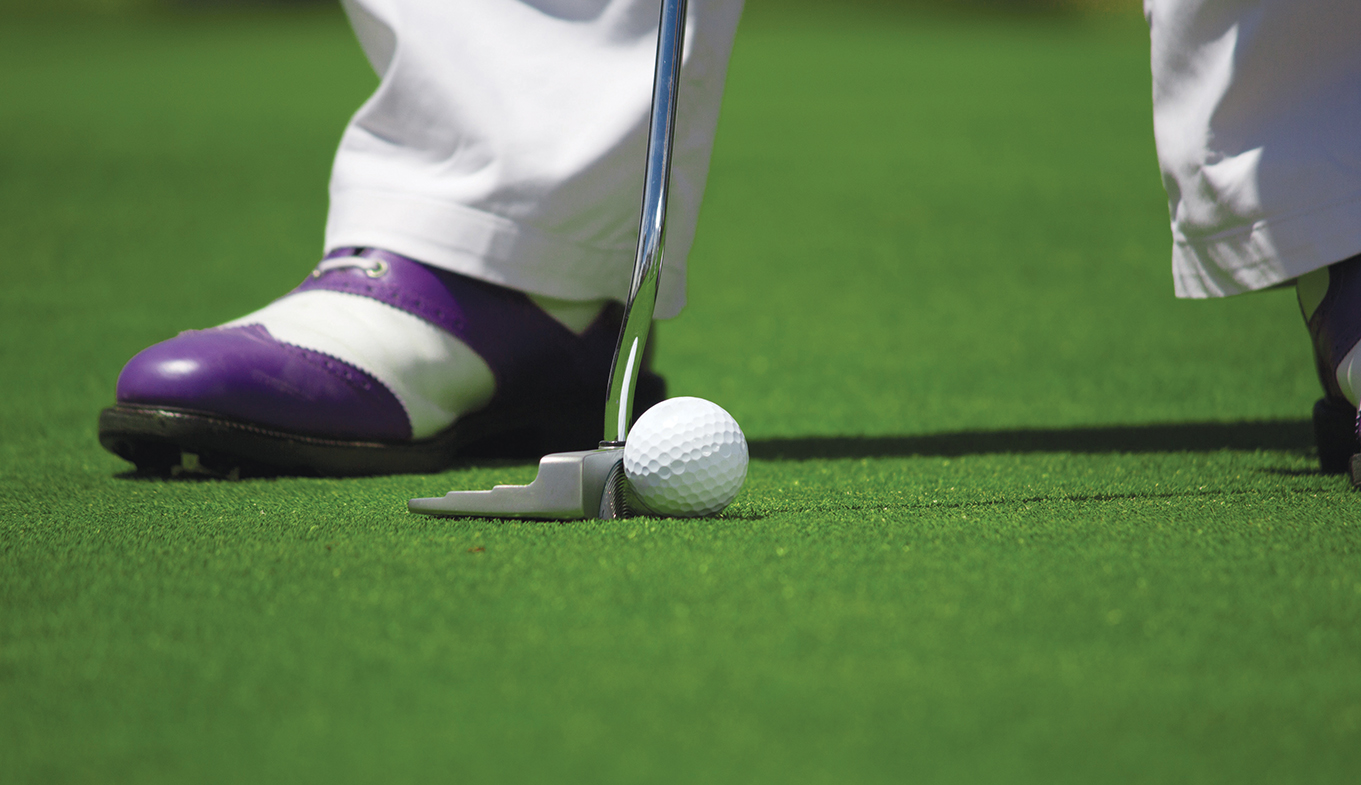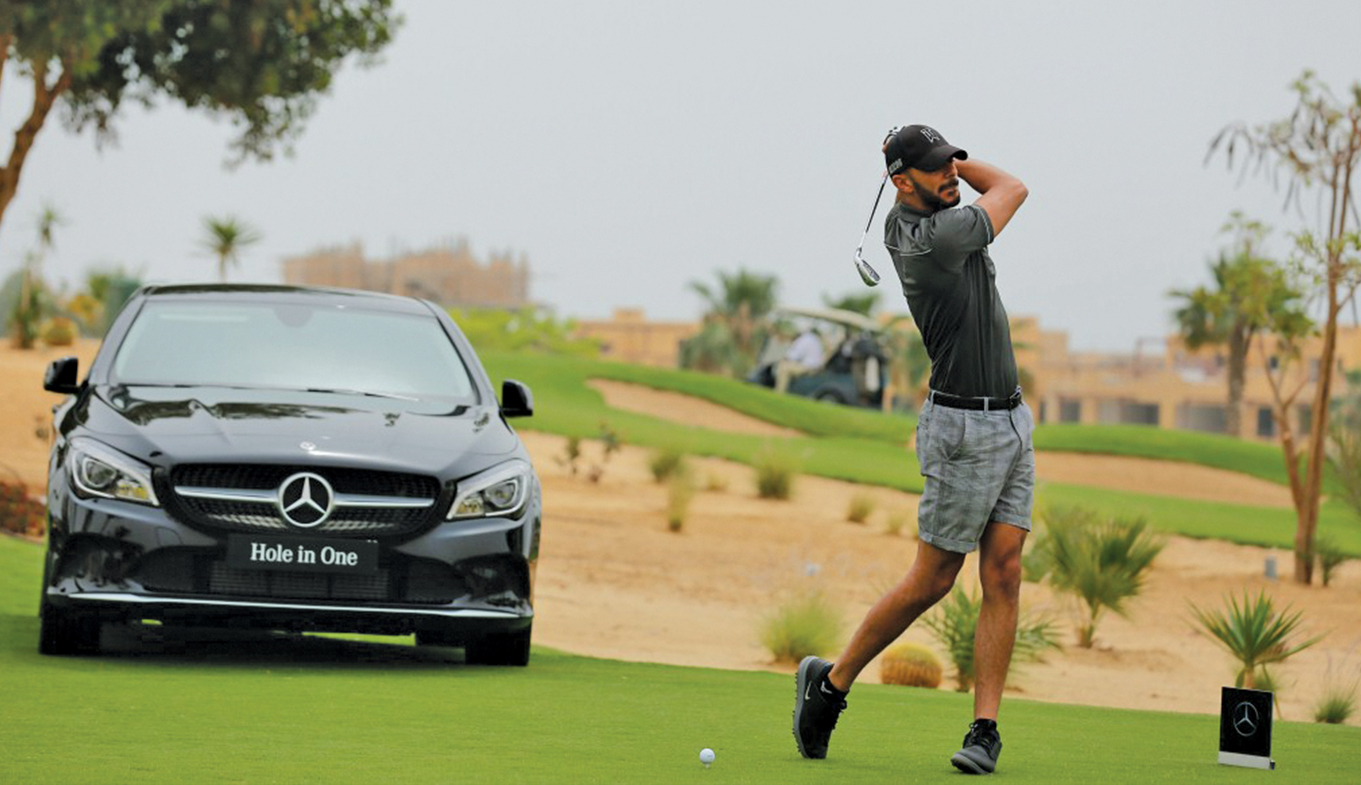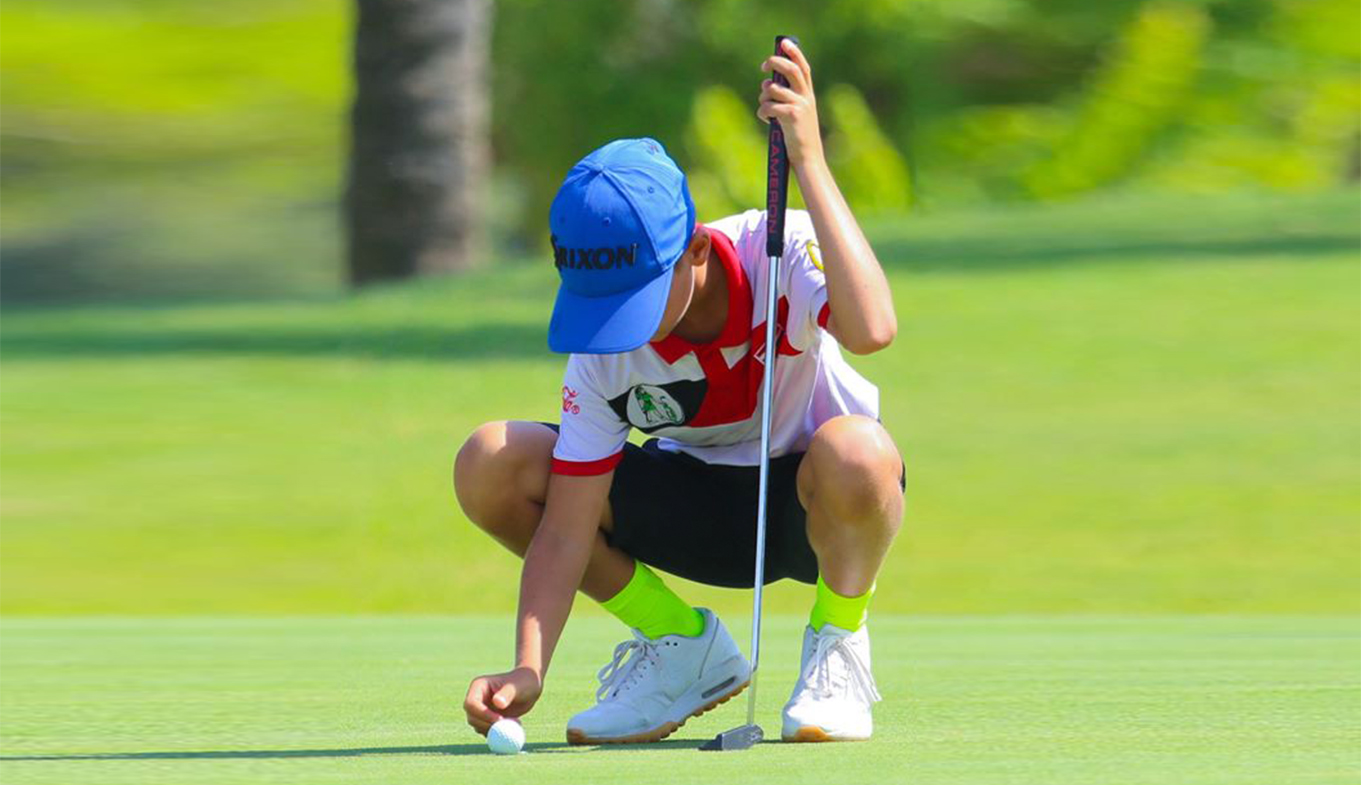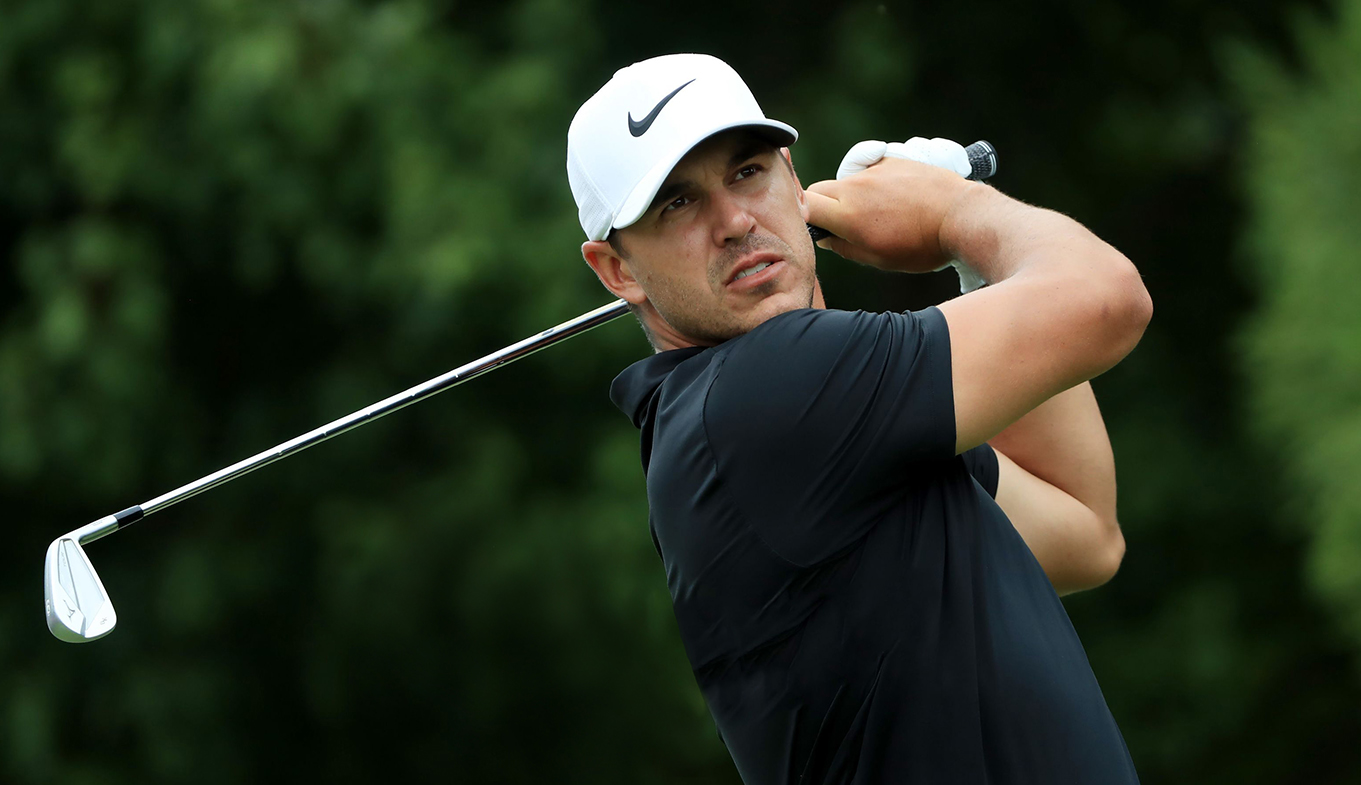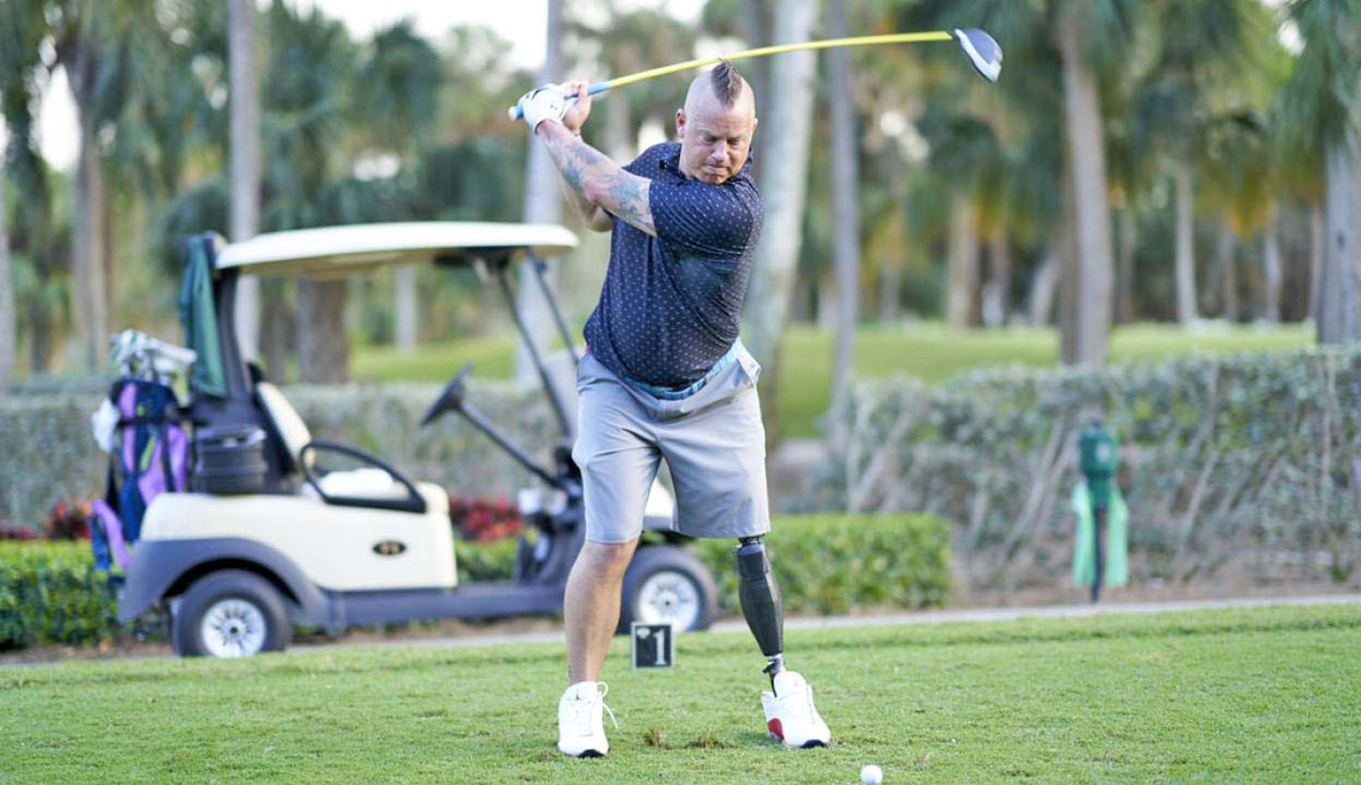Golfers with disabilities (GwD) inclusion as a sport on the 2028 Paralympic Games program
Golf is a sport for everyone. Regardless of age, gender, physical condition, or physical challenge, it’s a great way to build friendships and to exercise, while providing an opportunity for personal challenges and growth.
There is no reason why the sport shouldn’t be enjoyed by all, including those with disabilities. I want to encourage all golfers to play the game, regardless of any disability that they may have. There are many organizations for disabled golfers throughout the world offering opportunities for disabled athletes to learn the game, to play and to compete.
Golf Modified Rules allow a player with a disability to play fairly with players who have no disabilities, the same disability, or different types of disabilities. The Modified Rules only apply if adopted by the committee in charge of a competition. They do not apply automatically to every competition involving players with disabilities.
From a practical standpoint, players with certain disabilities often have the same or similar needs. Four categories of disability have been identified: players who are blind, players who are amputees, players who use assistive mobility devices, and players with intellectual disabilities.
Golf is continuing to provide more ways and opportunities for golfers with impairments generally, and for Golfers with disability (GwD) specifically, to participate in the sport, and is supporting initiatives that actively bring individuals of all ages and abilities together in both recreational and competitive environments.
The International Golf Federation (IGF) and its members are developing and promoting initiatives that raise awareness of golf as an accessible and inclusive sport and supporting programs targeted at individuals and groups with impairments to increase participation. Golf is a game that does not discriminate by age, gender, ability, ethnicity and can be played socially or competitively through a variety of fundamental movement skills in swinging a club and moving around a golf course.
The game of golf demonstrates its inclusive design through the ability for all golfers to share the one set of rules accepted and administered globally, with a modification to the rules of golf to assist players with a disability in situations where perhaps they may be disadvantaged due to their impairment. This includes universally designed spaces, golf courses with differing tee positions to suit differing abilities, 18 holes or shorter formats such as nine holes, course access, where both GwD and non-disabled golfers can share tee times and the course, making it possible for all golfers to play together. GwD belongs to a club shared by non-disabled golfers where every participant shares the same rights to be involved at all levels; boards and subcommittees.
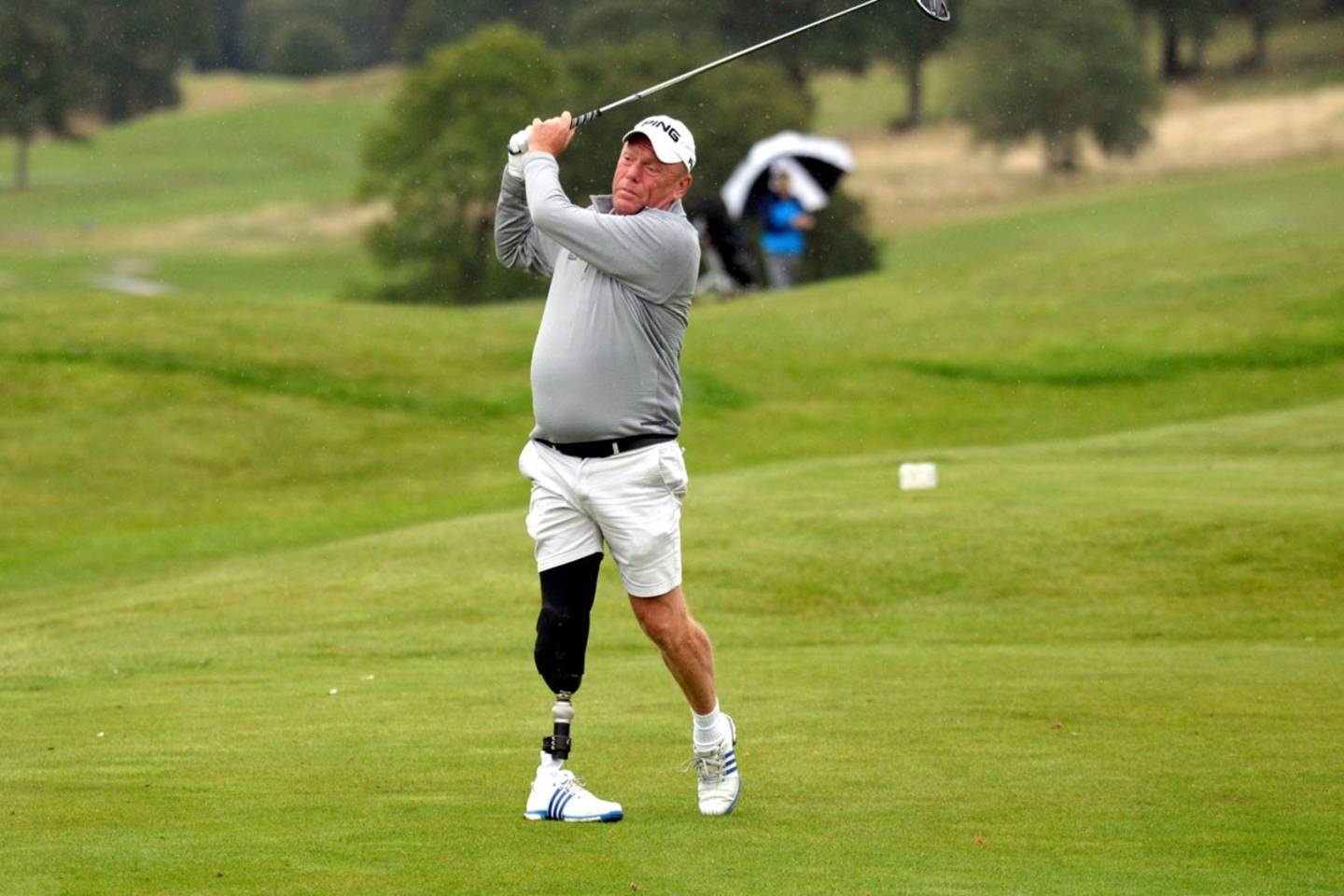
The vast majority of golf facilities are currently fit for purpose for players with impairments or disabilities, and minimal retrofitting or remodeling work is required. However, greater awareness and understanding of the core value of universal accessibility at all golf venues and facilities will be attainedthrough the development of Accessibility and Inclusion Design Standards for Golf Venues and Facilities that will be distributed to, and promoted across our membership for adoption.
The International Golf Federation (IGF) is composed of 151 Member Federations, from 146 countries, representing more than 60 million people who play golf. All national golf federations affiliated with the IGF are recognized by the National Olympic Committees (NOCs) of their countries, the Egyptian Golf Federation, founded in 1953 is a member of the (IGF).
In 2016, the International Paralympic Committee (IPC) has accepted the International Golf Federation (IGF) as its newest member - increasing the possibility of the sport one day being added to the Games' program.
As a result of the agreement, the IPC has pledged to extend its support for Para-golf and to help develop the sport over the coming years.
Golf returned to the Olympic program at Rio 2016 for the first time since the 1904 Games in St Louis and there is a desire for the Para version to also be recognized.
The IGF is based in Lausanne in Switzerland and is the governing body for golf, with the responsibility to organize international competitions.
The IGF is committed to the development of Para and golf for the disabled (G4D), and agreed to adhere to the IPC Medical Code, Classification Code, and Anti-Doping code.
The (IGF) Golfers with Disabilities Committee is an advisory body appointed by the (IGF) Board, to advise on all matters related to golfers with disabilities (GwD). Key areas of responsibility include: promoting and encouraging participation and accessibility of golf for GwD , encouraging the international development of G4D, creating a pathway for all GwD to sample, take part and compete from club level through to global events, supporting and encouraging National Federations to actively affiliate existing disabled golf organizations and promote the inclusion of G4D into their membership, establish and manage an international eligibility/classification system for G4D and to develop the bid for golf's inclusion as a sport on the 2028 Paralympic Games program.
The Egyptian Golf Federation (EGF) and the Egyptian Paralympic Committee (EPC) must have a unique partnership to help support the growth of the G4D in Egypt, also to communicate with The European Disabled Golf Association (EDGA)— a not-for-profit, volunteer organization, active in the promotion and delivery of opportunities to sample, participate and compete in golf. EDGA provides advice relating to golf for disabled players to The International Golf Federation, The European Tour and The European Golf Association on golf for the disabled.
The Egyptian Paralympians at Tokyo Paralympic Games received $65,000 for winning a silver medal and $48,000 for winning the bronze medals.

